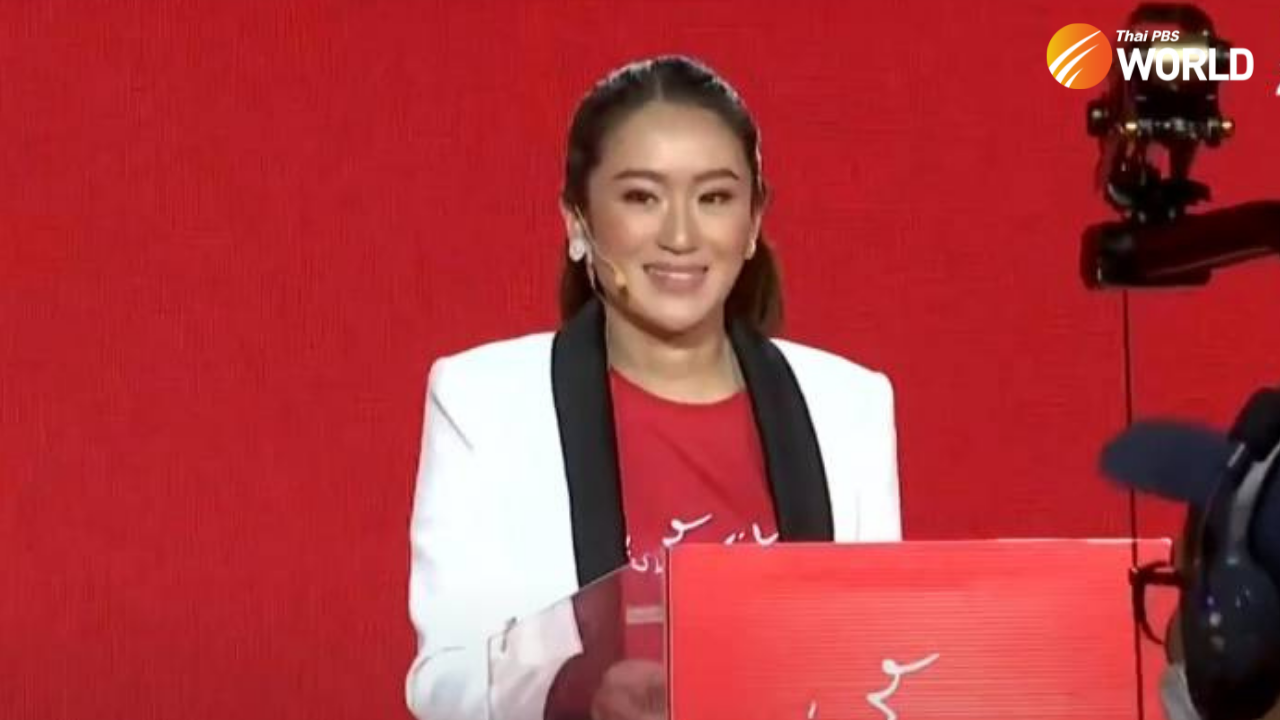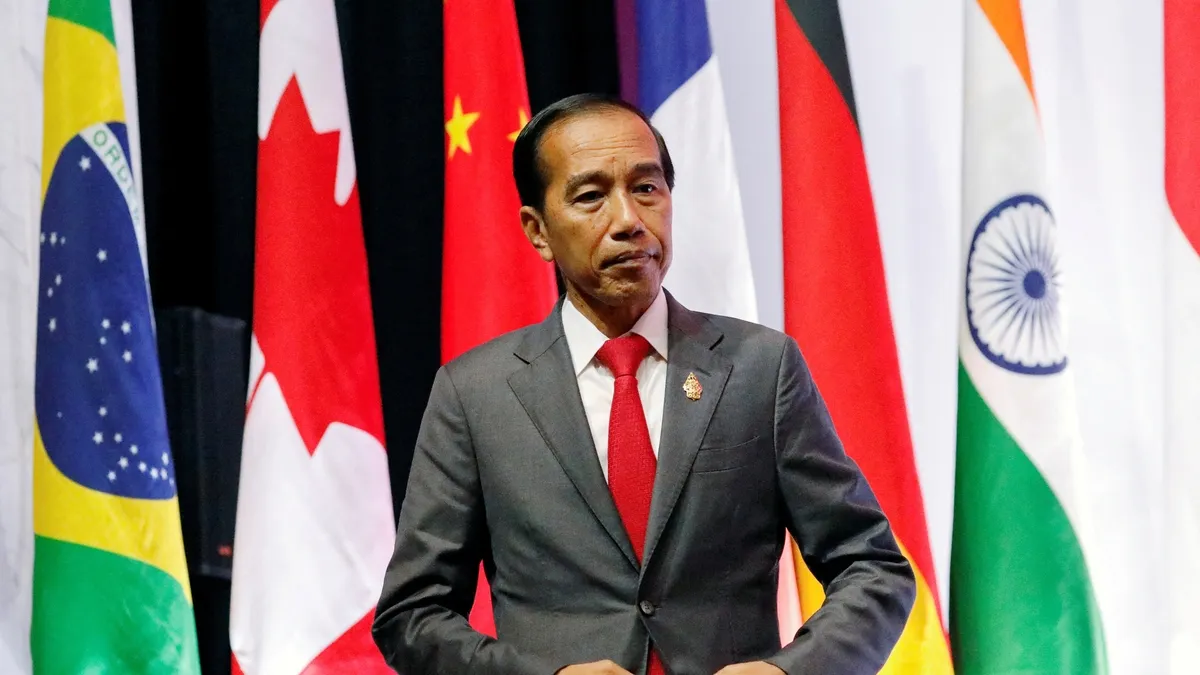In a momentous decision, the Norwegian Nobel Committee has chosen to bestow the Nobel Peace Prize for 2023 upon Narges Mohammadi. Her tireless dedication to combatting the oppression of women in Iran and advocating for universal human rights and freedom has been recognized and honored. Remarkably, her brave journey has come at an immense personal cost. She has endured arrest on 13 occasions, been convicted five times, and sentenced to a staggering total of 31 years in prison along with 154 lashes. As we speak, Ms. Mohammadi remains incarcerated.
In September 2022, a tragic incident unfolded when Mahsa Jina Amini, a young Kurdish woman, lost her life while in the custody of the Iranian morality police. Her death sparked the largest political protests against Iran’s theocratic regime since its ascent to power in 1979. Under the rallying cry of “Woman – Life – Freedom,” hundreds of thousands of Iranians participated in peaceful demonstrations to voice their opposition to the regime’s brutality and its suppression of women.
The regime responded to the protests with a heavy-handed crackdown, resulting in the loss of over 500 lives among demonstrators. Thousands sustained injuries, with many left blinded by rubber bullets fired by the police. Furthermore, at least 20,000 individuals were arrested and detained by the regime.
The slogan adopted by these demonstrators, “Woman – Life – Freedom,” beautifully encapsulates the dedication and endeavors of Narges Mohammadi.
- Woman: She is a champion for women, fighting against systematic discrimination and oppression.
- Life: She supports women’s quest for the right to lead full and dignified lives, a struggle that has been met with persecution, imprisonment, torture, and even death.
- Freedom: She advocates for freedom of expression, independence, and the dismantling of rules that mandate women to remain hidden and conceal their bodies. The demands for freedom voiced by the demonstrators extend not just to women but to the entire populace.
Back in the 1990s, while pursuing her studies in physics, Narges Mohammadi was already distinguishing herself as an advocate for gender equality and women’s rights. After completing her studies, she worked as an engineer and contributed as a columnist in various reform-oriented newspapers. In 2003, she became affiliated with the Defenders of Human Rights Center in Tehran, an organization founded by Nobel Peace Prize laureate Shirin Ebadi. In 2011, Ms. Mohammadi faced her first arrest and received a lengthy prison sentence for her efforts in assisting incarcerated activists and their families.
Two years later, following her release on bail, Ms. Mohammadi immersed herself in a campaign against the use of the death penalty. Iran has long ranked among the nations with the highest annual execution rates per capita. In 2022 alone, over 860 individuals in Iran were subjected to capital punishment.
Her activism against the death penalty resulted in her rearrest in 2015 and an additional prison sentence. Upon returning to prison, she took a courageous stand against the regime’s systematic use of torture and sexualized violence against political prisoners, particularly women, a practice prevalent in Iranian penitentiaries.
Last year’s wave of protests reverberated within the walls of the notorious Evin prison in Tehran, where political prisoners were held. Once again, Ms. Mohammadi assumed a leadership role. Even from behind bars, she expressed her support for the demonstrators and organized acts of solidarity among her fellow inmates.
In response, the prison authorities imposed even stricter conditions, barring Ms. Mohammadi from receiving calls and visitors. Nevertheless, she managed to clandestinely send out an article, which the New York Times published on the first anniversary of Mahsa Jina Amini’s tragic death. The message conveyed was clear: “The more of us they lock up, the stronger we become.” From her captivity, Ms. Mohammadi continued to fan the flames of the protests.
Narges Mohammadi is a woman of remarkable courage, a staunch advocate for human rights, and a relentless fighter for freedom. By awarding her this year’s Nobel Peace Prize, the Norwegian Nobel Committee seeks to honor her fearless struggle for human rights, freedom, and democracy in Iran.
This year’s Peace Prize also serves as a tribute to the hundreds of thousands who, in the past year, rallied against the theocratic regime’s discriminatory and oppressive policies that specifically target women. Achieving global fraternity, a vision cherished by Alfred Nobel, necessitates the embrace of equal rights for all. The Nobel Committee’s decision to honor Narges Mohammadi aligns with a rich tradition of recognizing individuals and efforts that advance social justice, human rights, and democracy. These principles are fundamental prerequisites for lasting peace.



